Friday is forecast to be clear, with highs of 13 to 20 degrees Celsius predicted. The south should see the warmest temperatures; the north, as well as mountain areas, will see robust winds. The night will see temperatures cool to 4 to 10 degrees, with showers possible in coastal and alpine regions.
Saturday will be clear and fine in the south and west, but the north and east will be cloudy and could see showers. Highs of between 12 and 20 degrees once again favour the south, with winds again mostly confined to the north and east. The coast may even see stormy gusts. Nighttime temperatures could sink as low as 3 degrees in the north and east, which may also see isolated showers and frost.
Conditions will be less favourable on Sunday. Heavy cloud and scattered showers threaten the north and east, while the south and west could see more prolonged rain and even thunderstorms. The north will again see strong winds, with rain expected to continue in the south overnight.
That amounts to a mixed forecast for the south of the Bundesrepublik, but it’s unlikely to dampen the spirits of the roughly 160,000 revellers expected at the Rock am Ring and Rock im Park festivals. The festivals run from Friday to Sunday at the Nürburgring race track in Rhineland-Palatinate, and in Nuremberg respectively.
The Local/jpg

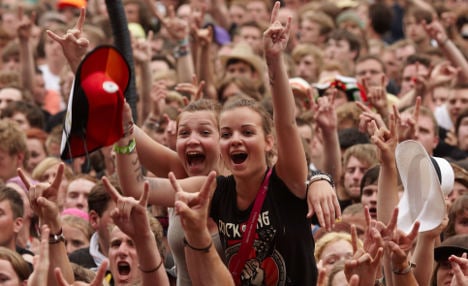
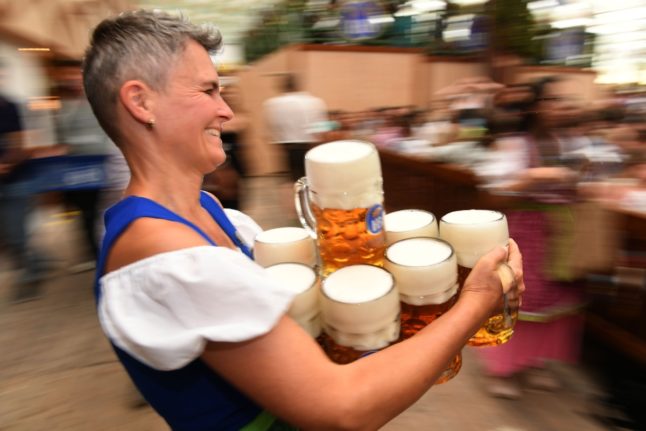
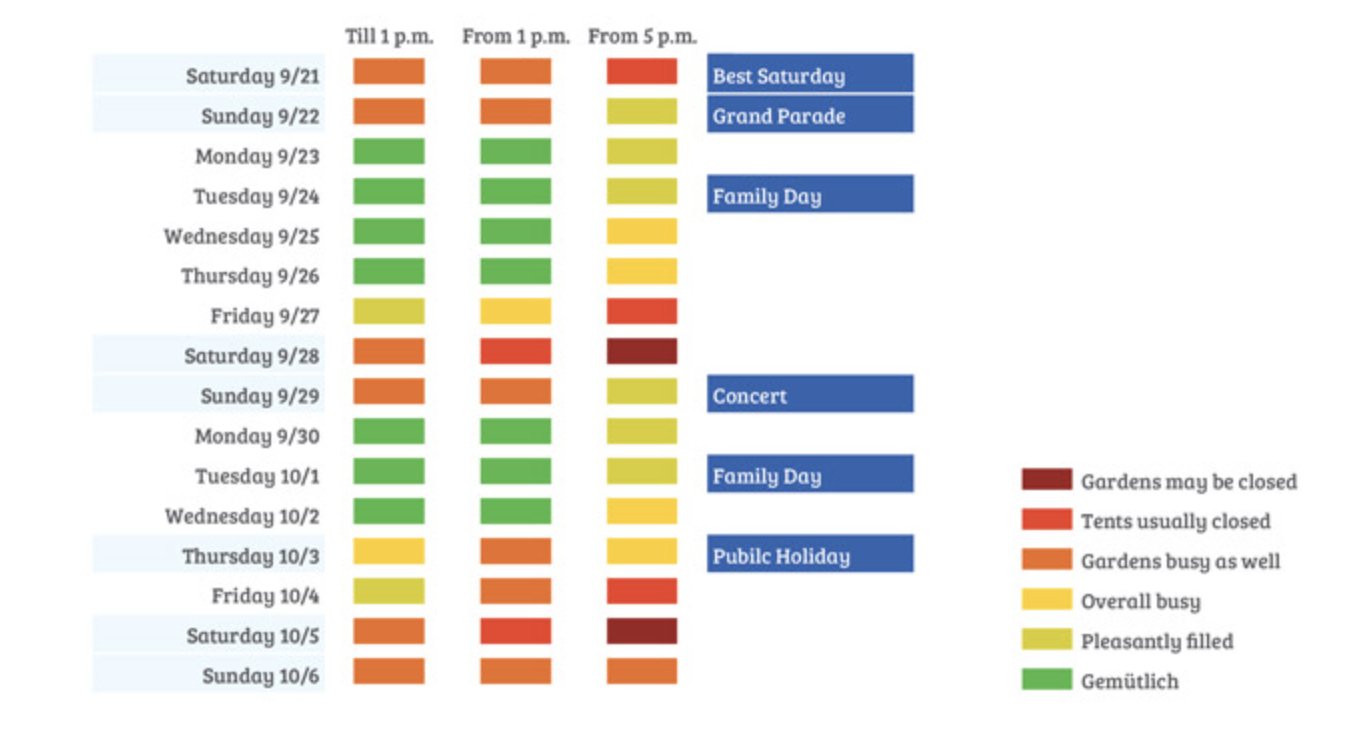
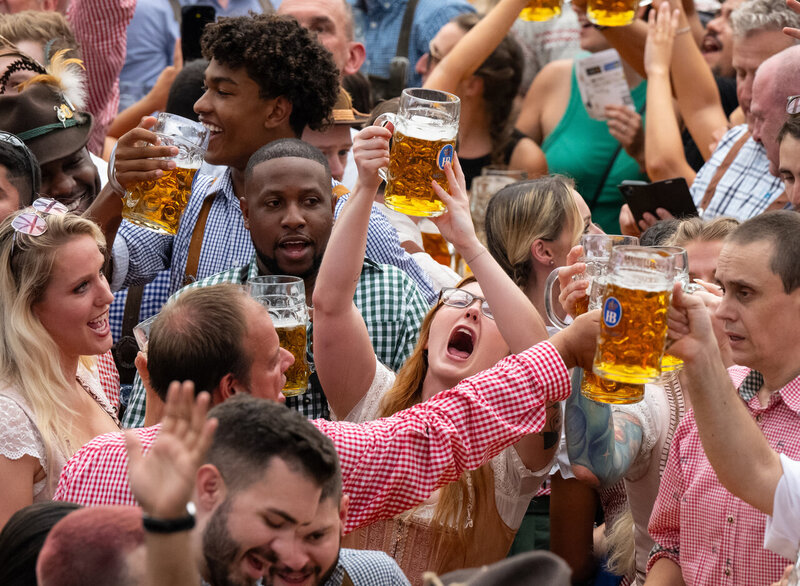
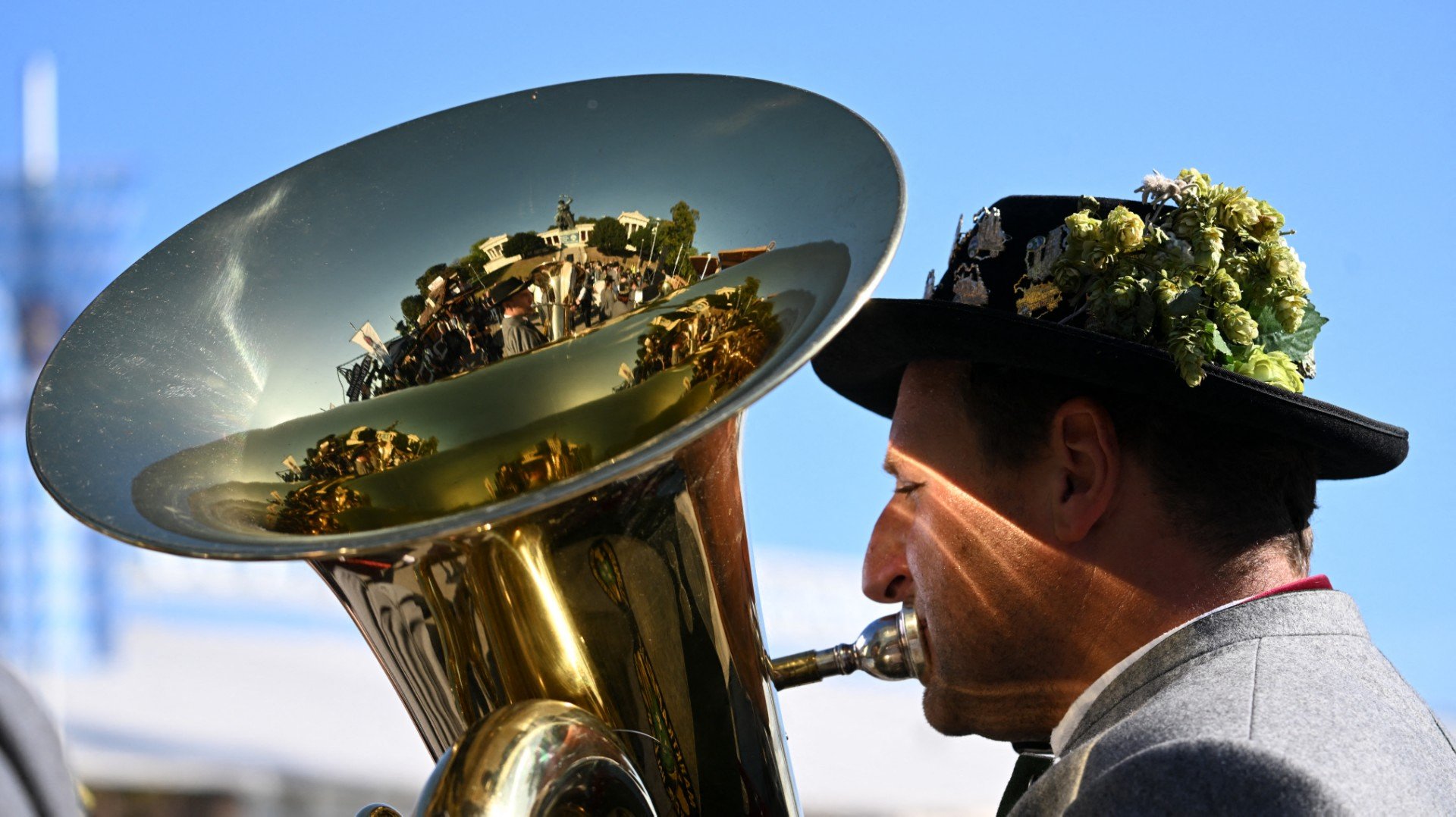
 Please whitelist us to continue reading.
Please whitelist us to continue reading.
Member comments